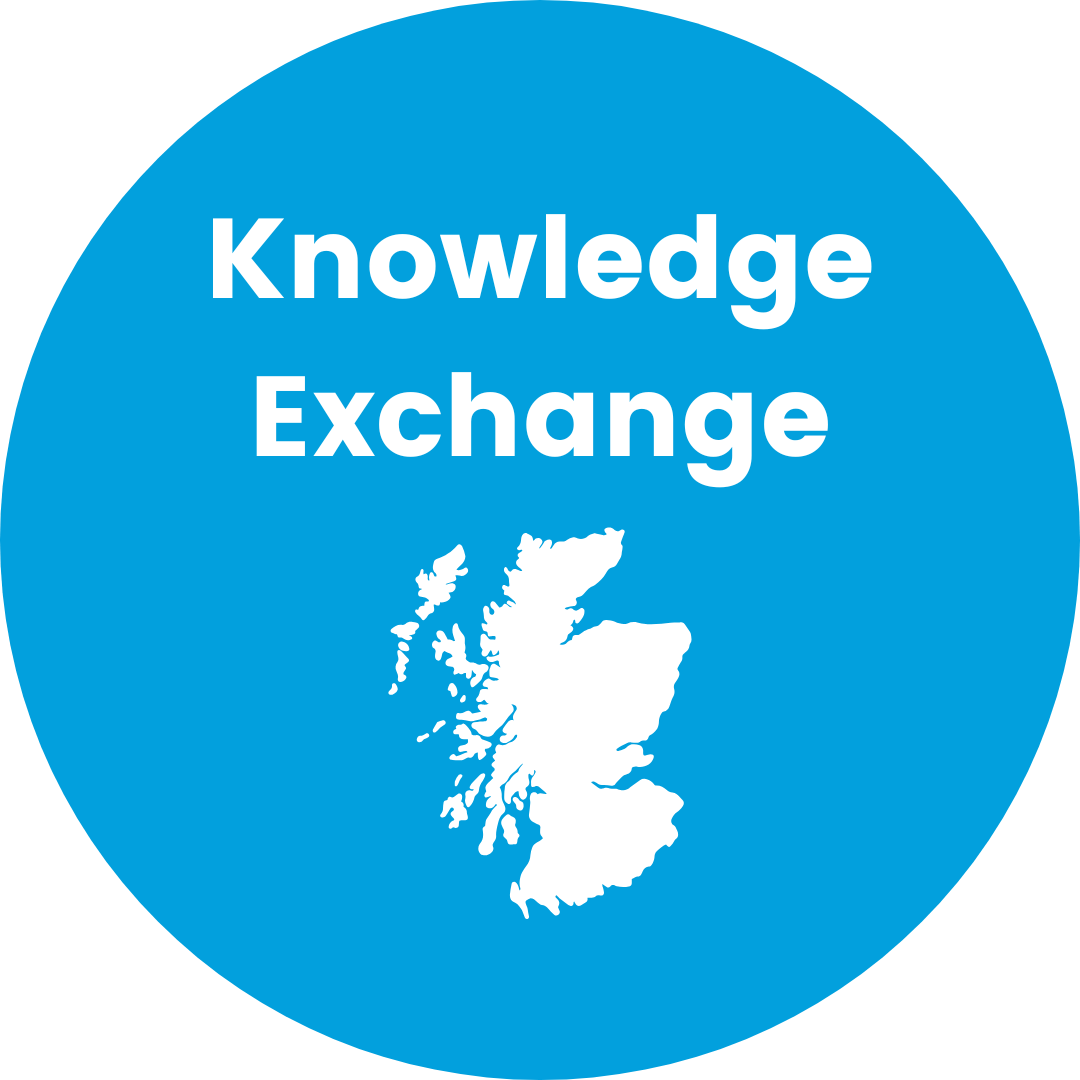Welcome to our Knowledge Zone!
Here, you can find everything from our project outputs to impact statements and beyond.
Library of Projects Outputs
Here you can find a collection of the different outputs across our projects that are helping others to make a difference to children’s lives.
All of the outputs can be filtered by the project, theme, and our Theory of Change Outcomes (ToC). The ToC outcomes are:
Knowledge Exchange - a collection of useful resources spanning various topics where we share what we and our project teams have learned,
Actionable Insights - a collection of the different outputs across our projects that are helping others to make a difference in children’s lives,
Responsible Innovation - all outputs that relate to our Responsible Innovation framework, which helps us use data to improve outcomes for children in a safe, trusted and transparent way.
Workshop report exploring innovative methods developed by Data for Children Collaborative and Futures and Design at the Edinburgh Futures Institute to establish a social licence for data use at Young Scot.
This report addresses the mental health and well-being of adolescents in Kazakhstan and Tajikistan through a comprehensive Digital Ecosystem Analysis. This initiative maps available digital resources that support adolescents through the provision of culturally sensitive and accessible mental health services.
A research report by a postgraduate student, Kyra Fong. This report explores how Scottish secondary school students experience digital data collection and privacy in their education and how they want to learn about these issues in the future.
Bespoke Workbook for Designing Responsible Youth Participation, developed while supporting The Data Tank’s NextGenData initiative, which focuses on pioneering a new approach to youth engagement in data and service provision.
Phase 2 Report: As a part of phase 2 of the project, which explored the seasonal effects on wasting scores, this report proposes a robust, data-driven protocol to correct observed wasting prevalence for seasonal variation at a global scale.
An extended dataset of individual travel time maps for the 54 countries across the African continent and its island states, generated with the precision of a 100-meter resolution.
Executive summary: We supported UNICEF in exploring innovative ways to understand online mental health and well-being discourse. Our project looked at using AI to identify online discussions of young people on mental health, combining focus group input, annotated datasets, and experiments with large language models (LLMs) in English and Russian.
This presentation, prepared by Dr Clare Llewellyn, a lecturer in Governance, Technology and Data at the University of Edinburgh, outlines the methods and key findings of our project with UNICEF which investigated developing a methodology for using AI to identify social media discussions on mental health and well-being from young people and adolescents.







